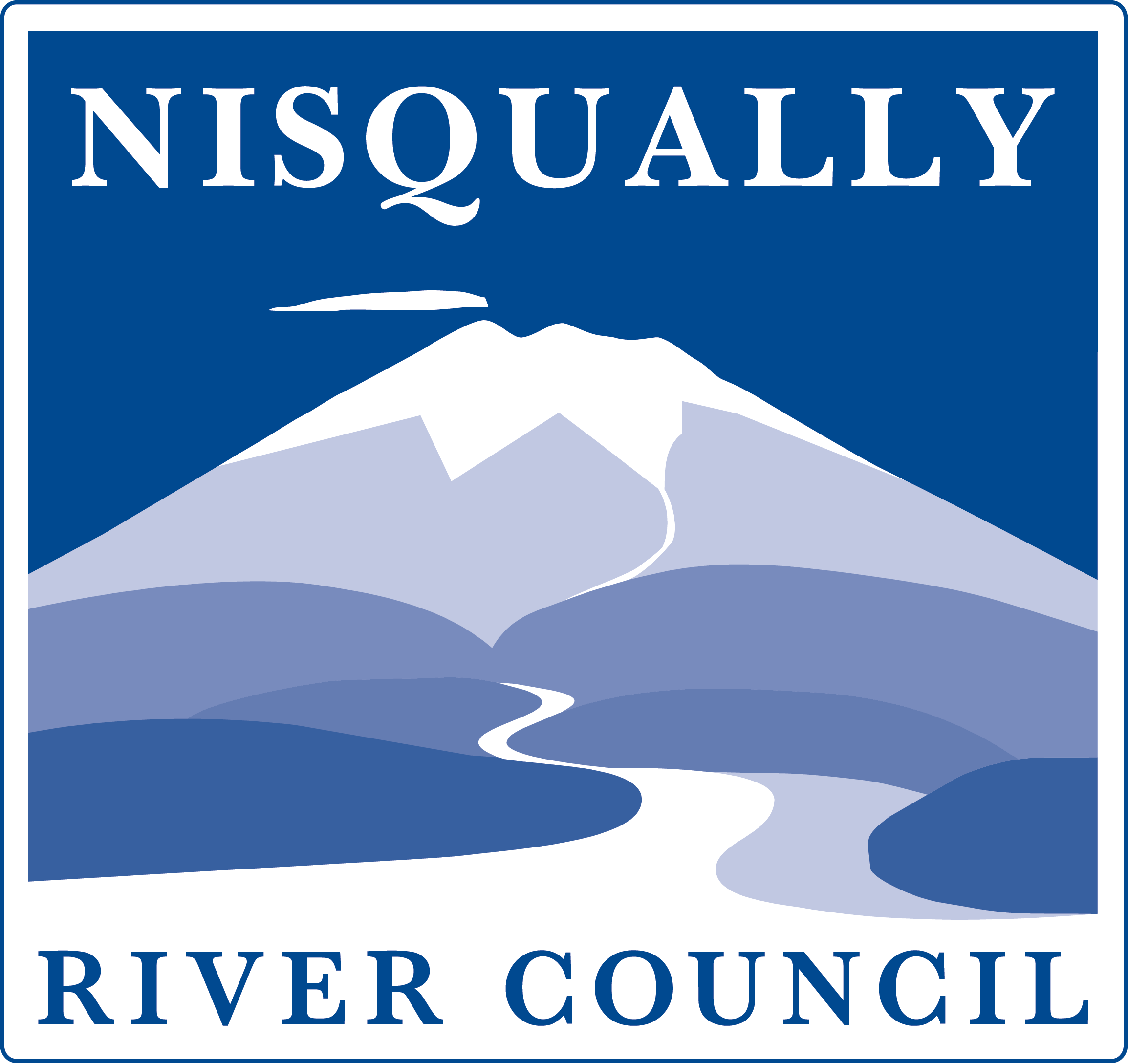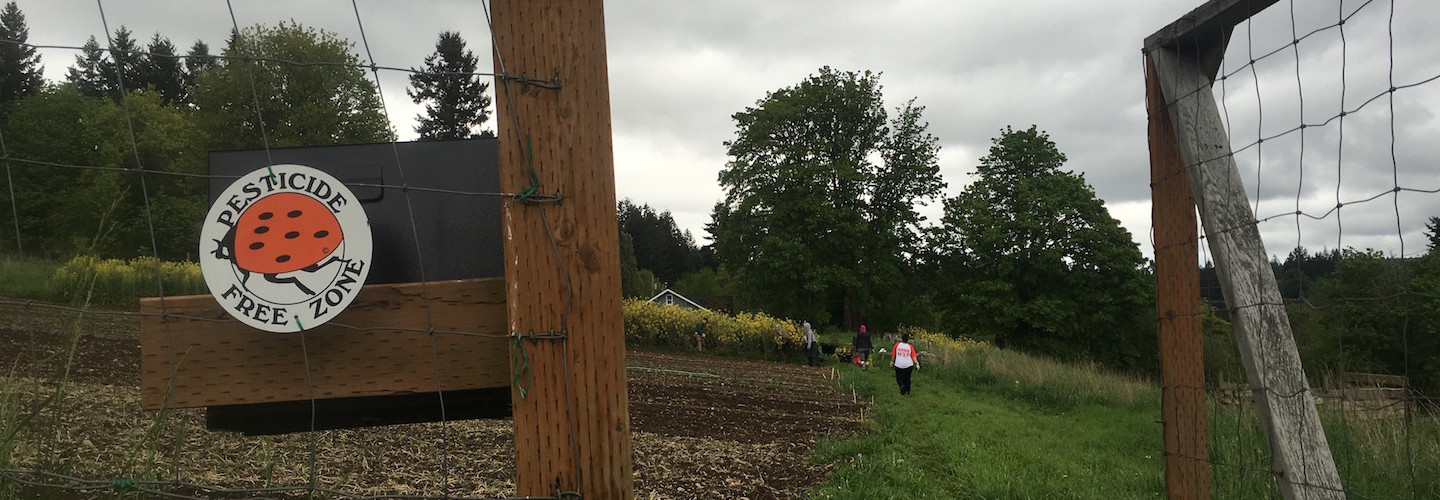Social Sustainability: A community that is healthy, wealthy, resilient, and wise
Social sustainability is a new area for the Nisqually River Council and it has been a challenge to figure out where the Council can have the most impact. However, the Council has developed the following sub-goals and indicators for social sustainability.
Communities in this watershed determine how they affect the economy and environment. It is important to keep these communities healthy so they can continue to make good decisions. Strong communities require access to good schools, health care, employment, the arts, and a healthy environment.
Promote health and wellness in the community
Indicators:
- Locally grown and produced foods are available and affordable
- Community health indicators show marked improvement
- Disaster Response Plans and Community Emergency Response Teams are developed
Protect and enhance the network of trails and recreational opportunities for all ages and abilities
Indicators:
- Individual communities are linked by a network of multi-use trails; trails are
- sustainable/compatible within the environment
- A diverse assortment of recreational opportunities exists in the watershed
- The public is aware of, and uses, regional recreational opportunities
Promote local community identities, cultures, arts, and heritage
Indicators:
- Farmers markets, co-ops, and alternative economies exist throughout the watershed
- Natural and built heritage facilities are protected
- A vibrant artisan community exists in the watershed
- Celebrations of watershed events occur throughout the watershed
- Community members are informed, engaged, involved, and interconnected with a sense of local identity
Support fully functioning, integrated communities with the full complement of services
Indicators:
- Transportation infrastructure supports public transportation, ride sharing, and alternative fuel vehicles
- Increase access to quality health care
- Opportunities for formal and informal education exist throughout the watershed
Next time: Economic Sustainability
This post is a continuation of the Executive Director’s Corner, a monthly blog post featuring the work of the Nisqually River Council, and an in-depth look at the Nisqually Watershed Stewardship Plan. Earlier posts covered the successes of the Nisqually River Council, an overview of the Nisqually Watershed Stewardship Plan and Environmental Sustainability.




